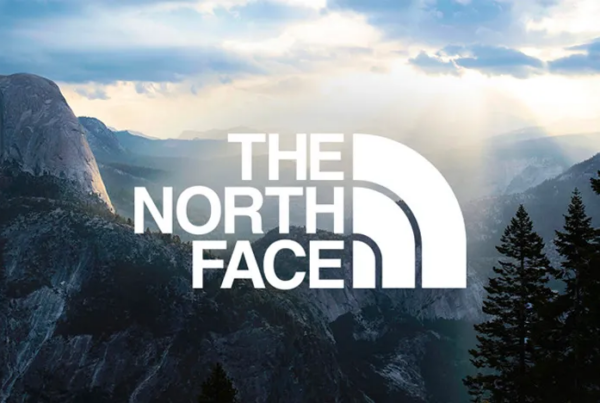
“The brand is your product”, said Lee Clow, Chief Creative Officer at TBWA/Worldwide, responsible for Apples’ 1984 commercial. When you think about it, what he said was absolutely true.
In today’s cluttered marketplace and economy, consumers demand an experience from the brands they buy. They also want brands that appeal and align to their lifestyle, character and personalities. The old cliché, “you are what you eat”, now also applies to “you are what you buy“. If you consider for a moment the brands you buy, you would be able to compile a list of things that make you – you. Here’s mine:
- I drive a Jeep – Jeep stands for freedom/adventure
- I work on an Apple – I think different
- I drink Coors Light – I grew up in The Rockies
- I root for the Broncos – I’m from Denver
If you were to write out a list of the brands and things you like, would someone be able to get an idea of who you are – I bet they would…
This same kind of thinking applies to brands. Below are four questions every brand must be able to answer to be recognizable, memorable, favored, distinctive, preferred and ultimately adored.
1. Who are you?
How would you describe your self? How would your company describe itself if it were a person? The inability to answer this question in a short succinct sentence that people can easily remember diminishes your brand’s potential and ultimately its profitability.
2. Who needs to know?
If your brand were a person, who would they hang out with? These are your customers. How would your brand talk? What would it wear? In today’s digital, disconnected world where people would rather shoot an email than pick up the phone, brands need to be authentic, understandable, personable and reachable.
3. How will they find you?
Where would your brand go? To the mountains? To a football game or Nordstrom? These places is where your brand needs to be. What sites are they hanging out on? Facebook, LinkedIn, Pinterest? Make it a point to be there also.
4. Why should they care?
How do you make someone care? Typically, caring involves being friends or having the same interest as another in some altruistic endeavor.
For friendship to happen, you must initiate a conversation or some act of kindness to kindle a conversation. After the conversation you figure out if you have anything in common, then you can move on to the next step.
For shared interests like sustainability, health, conservation etc., you have to come to that interest with the same ideals and values which also sparks a friendship.
Same for brands. Be a brand that is authentic and that exhibits trust and shares a purpose with your customers. Be personable and real. Don’t try to be someone you’re not. For a long time, companies have been driven by their profits, prestige and who has the biggest building as their main focus and have not put the customer center. Customers want to be center! Make a great product that helps us survive, look good or feel good, save us money—or all four. Back it up with a promise and some great looking/feeling branding, provide great customer/client service and you’ll have customers/clients coming back again and again. It’s that simple and that difficult.
Ultimately, in the end as Clow said — the brand is the product. It’s about standing for something – anything other than the status quo, providing an experience for the brand to carry out a real world function that encourages its customers to aspire to do more.
To learn more about how to create a real, authentic and trustworthy brand that your customers will love, contact us for a free brand consultation.





